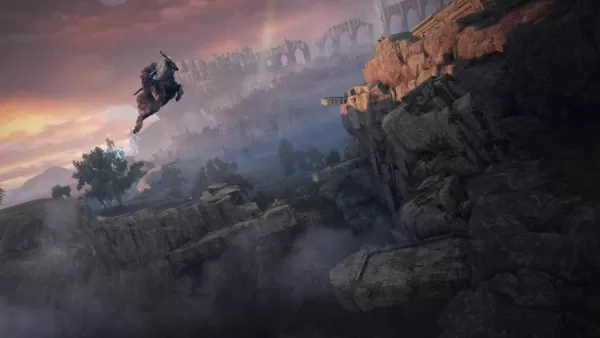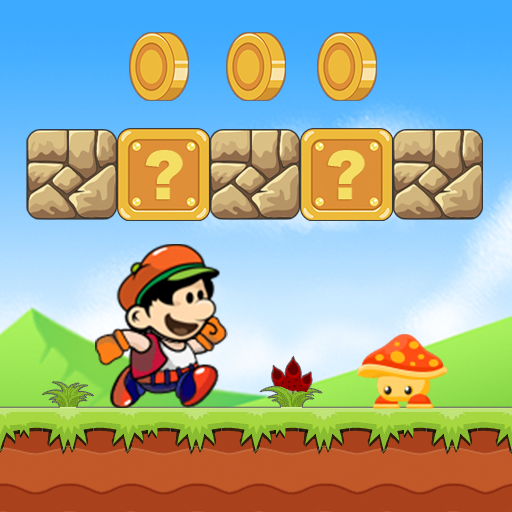Elden Ring: Redefining Open-World Exploration?
Open-world games were once dominated by checklists. Maps littered with markers, mini-maps directing every move, and objectives that felt more like errands than adventures.
Then came Elden Ring, and FromSoftware tossed aside the conventional playbook, eliminated the hand-holding, and offered players a rare gem: genuine freedom.
In collaboration with our partners at Eneba, we're diving into what this has meant for the genre and why it's truly impressive.
A World That Doesn’t Beg for Your Attention
Traditional open-world games crave your constant attention. Notifications bombard you with where to go, what to do, and why it matters. Elden Ring, on the other hand, opts for subtlety. It unveils a vast, enigmatic landscape and encourages you to unravel its mysteries on your own terms.
The game avoids intrusive UI elements, allowing your curiosity to lead the way. If a distant sight piques your interest, venture forth. You may uncover a concealed dungeon, a formidable weapon, or a monstrous boss eager to challenge you.
The absence of level scaling adds to the experience. The world remains unchanged, forcing you to adapt. If an area proves too tough, you can return later—or not. The choice to confront a dragon at level five with a broken sword is yours, though the consequences might be fiery.
It's never too late to immerse yourself in the Lands Between, especially when you can snag an Elden Ring Steam key at Eneba for less than you might expect.
Exploration Feels Like Discovery, Not a Checklist
In many open-world games, exploration often boils down to a race between markers, more about efficiency than adventure. Elden Ring redefines this approach.
There's no quest log spoon-feeding you directions. NPCs communicate in enigmas, distant landmarks offer no explanations, and the game never pauses to clarify its intentions.

This might seem daunting, but it's what makes exploration so gratifying. Every cave, ruin, and fortress feels like your personal discovery, driven by your curiosity rather than a predetermined path.
Unlike other games where loot feels arbitrary, Elden Ring ensures that every find is meaningful. Stumble upon a hidden cave, and you might emerge with a game-changing weapon or a spell capable of summoning a meteor storm.
The Joy of Getting Lost (and Surviving)
In most games, getting lost is considered a setback. In Elden Ring, it's part of the thrill. You might take a wrong turn into a poisonous swamp or enter what seems like a peaceful village only to face a horde of grotesque beings. These moments breathe life into the world.
While the game doesn't guide you by the hand, it does provide subtle hints. A statue may point toward hidden treasures, and a cryptic NPC might allude to a secret boss. If you're attentive, the world gently steers you without dictating your journey.
Open-World Games Will Never Be the Same?
Following Elden Ring, the landscape of open-world games has been irrevocably altered. FromSoftware demonstrated that players don't need constant direction to enjoy an open world; they crave mystery, challenge, and the exhilaration of discovery. We can only hope that other developers will take this lesson to heart.
If you're eager to lose yourself in a world that not only welcomes but demands exploration, digital marketplaces like Eneba provide incredible deals on gaming essentials. Whether it's Elden Ring or other must-play titles, your next adventure awaits just a few clicks away.
Latest Articles






























